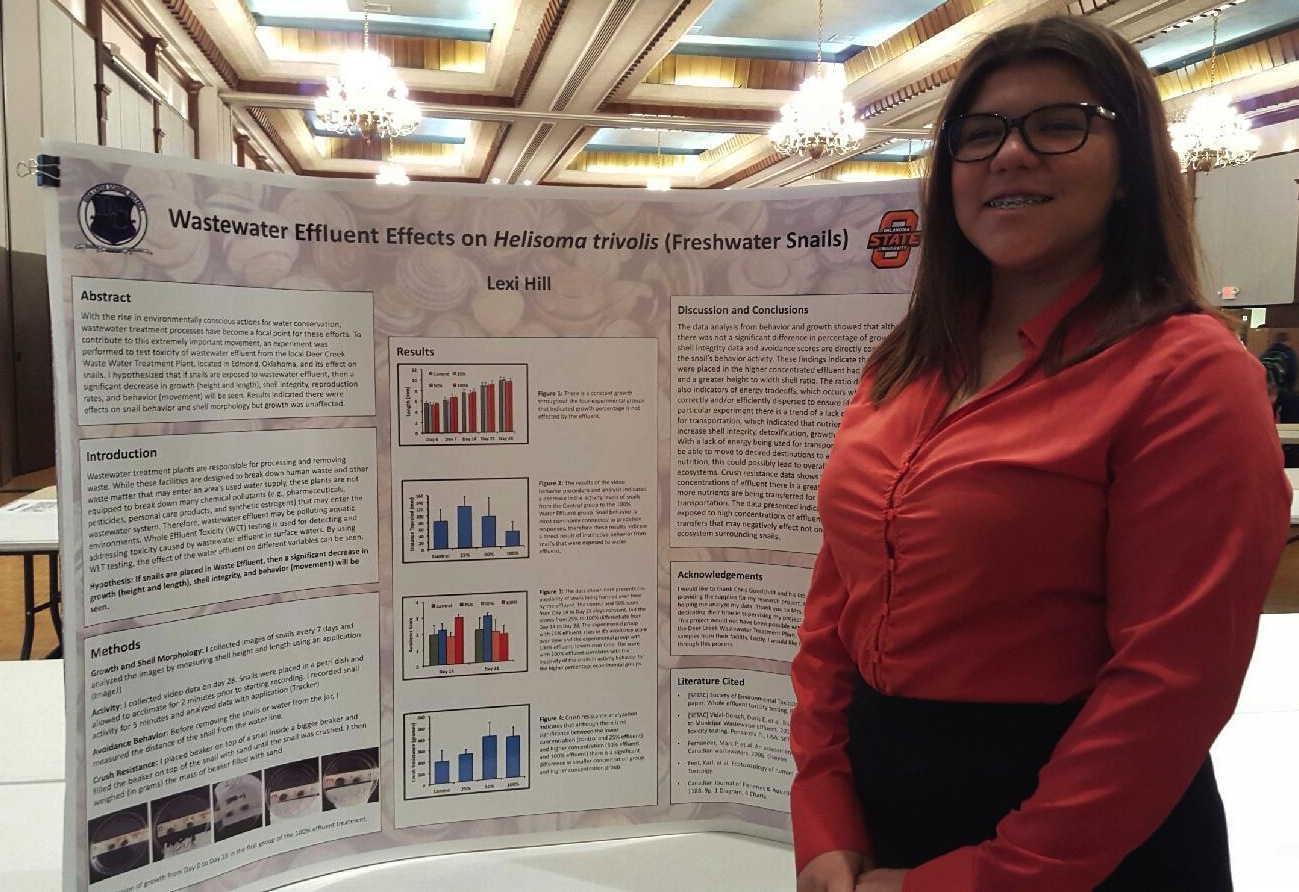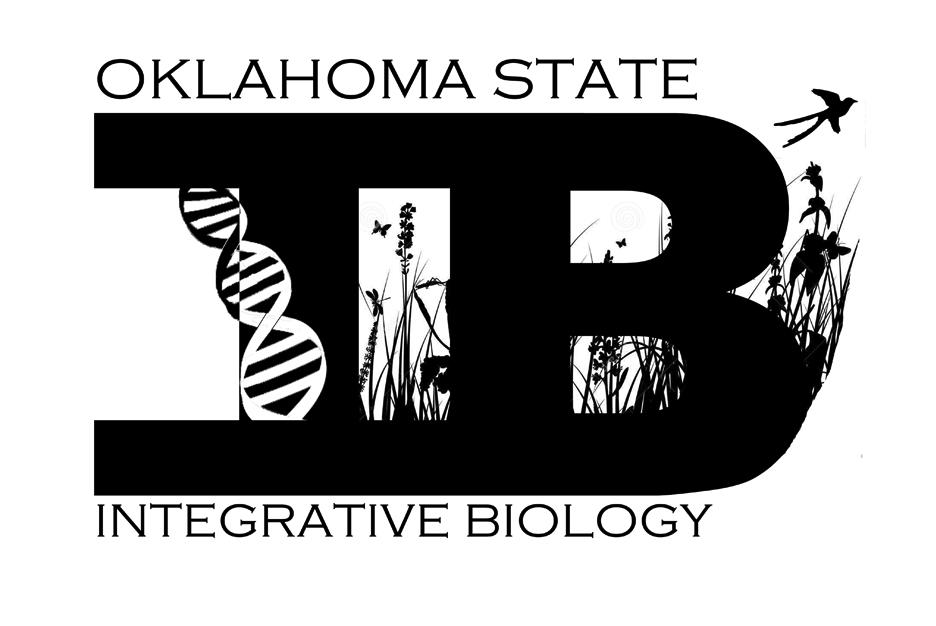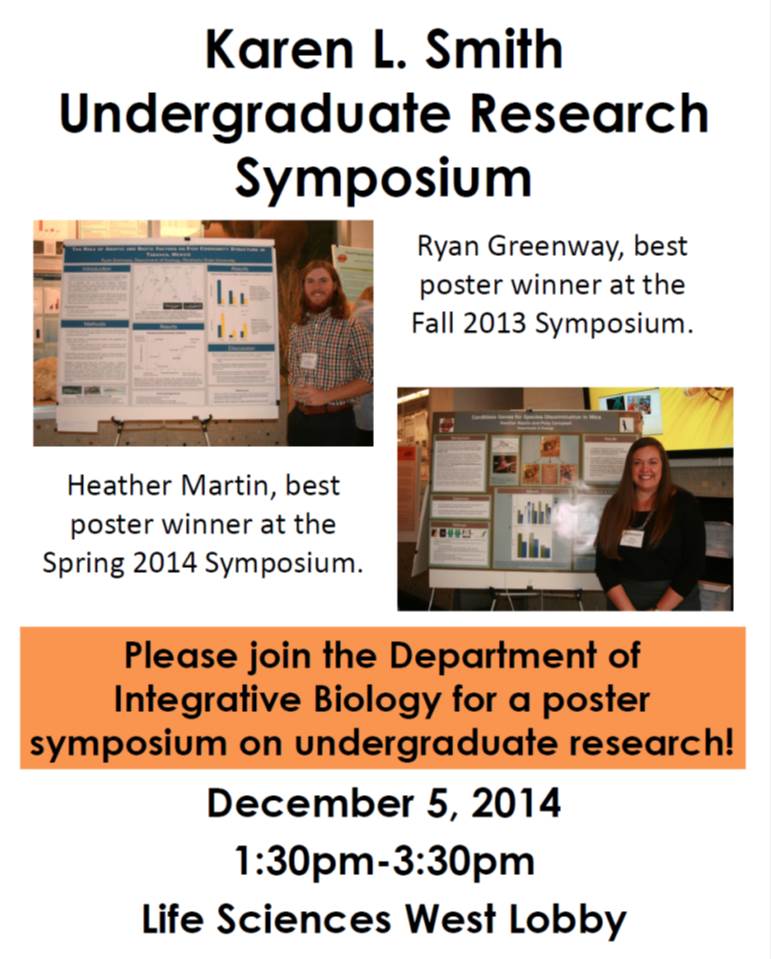The Department of Integrative Biology strives for excellence in basic and applied research and instruction in the broad, comprehensive field of integrative biology. The department currently has 24 regular faculty members, numerous active adjuncts and emeritus members, 670 undergraduates in the biology (including pre-healthcare and environmental biology options), zoology (with pre-med, ecology/conservation, and pre-vet options), and physiology majors (with a pre-med option), and over 70 graduate students. Please visit our news section for recent developments in our department, and don't hesitate to contact us if you would like further information.






